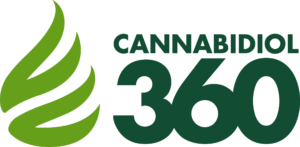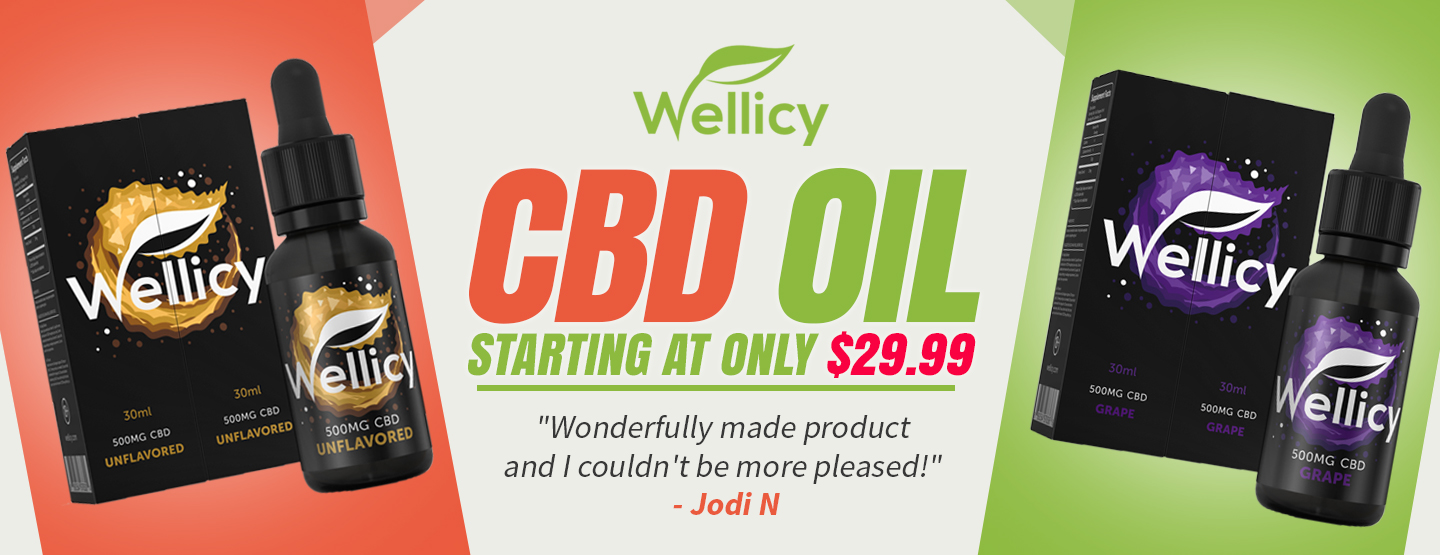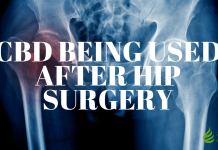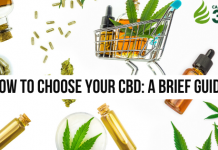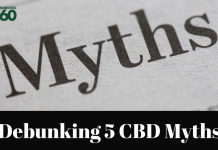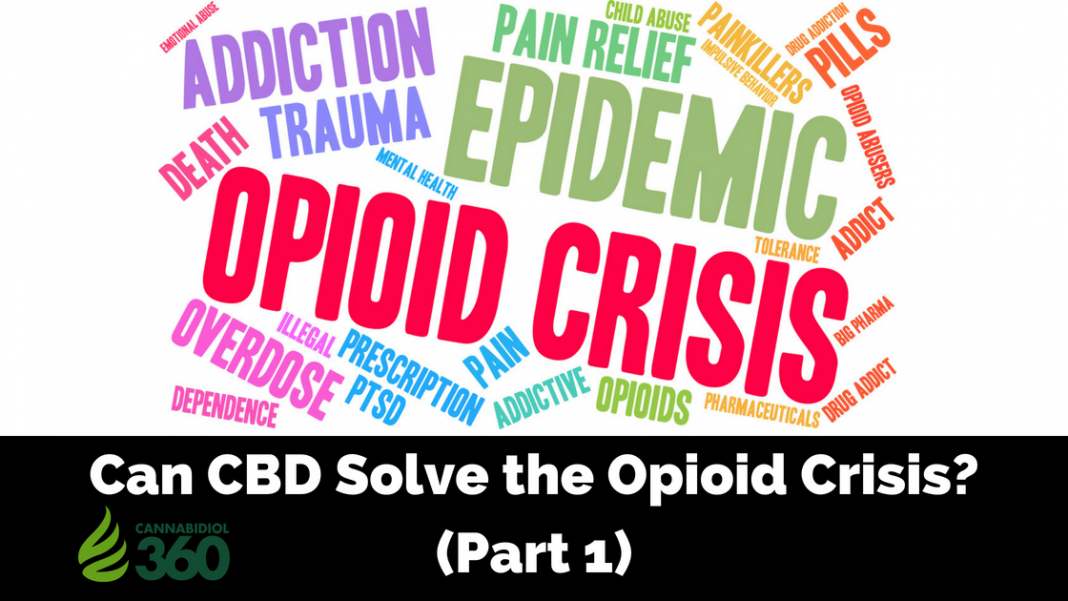
This 2 part article is a personal account of past opioid dependence by Tony Ottomanelli II.
CBD-usage is rising as a therapeutic treatment for a wide range of diagnosed conditions such as: PTSD, Multiple Sclerosis, Rheumatoid Arthritis, Epilepsy, Chronic Pain, Diabetes, Cancer, Schizophrenia, Crohn’s Disease, Anxiety, Cardiovascular Disease, Antibiotic-Resistant Infections and more.
The CBD Industry definitely has helped relieve so much suffering for so many people!
It is a miraculous compound that has impressed countless scientific researchers, while simultaneously treating an increasing number of families throughout the U.S. alone.
CBD offers a natural remedy for individuals who are experiencing immense difficulty from multiple physical ailments — illnesses and injuries that the American medical community have only seemed to worsen, by throwing more and more narcotic medications at the symptoms, rather than treating the underlying root causes.
Brief Message About The Reality Behind The Crisis
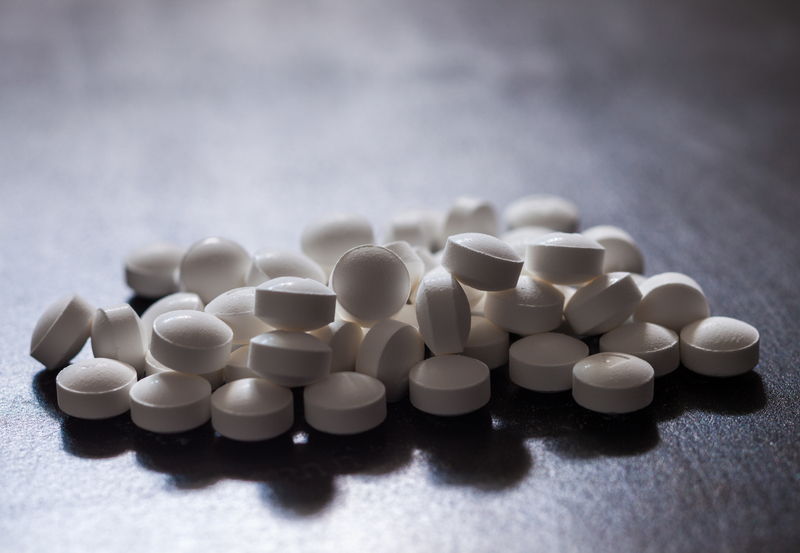
According to the CDC, “Drug overdoses, fueled by opioid abuse, are now the leading cause of death for Americans under 50.”
Basically, for those who may be unaware of what CBD is and where it comes from, no need to feel anxious for not knowing, this article will answer nearly all of your questions and concerns about CBD and whether or not it can actually combat the Opioid Crisis in America.
Not to mention, for those who have personally experienced opioid dependence or are currently dealing with addiction to opiates, let your fear slowly feel some relief, if not entirely disappear, for you are one of millions.
Altogether, you are one of millions still here, you are a survivor — as many have sadly departed from this life much too soon.
Either way, you are not alone and there is nothing anyone can tell you about what this experience actually means, who has not experienced this confusion themselves.
Just remember there is always hope and you will forever be bigger than any of your problems. Your life is worth fighting for. It’s not over. Never give up!
The Opioid Epidemic and CBD Debate
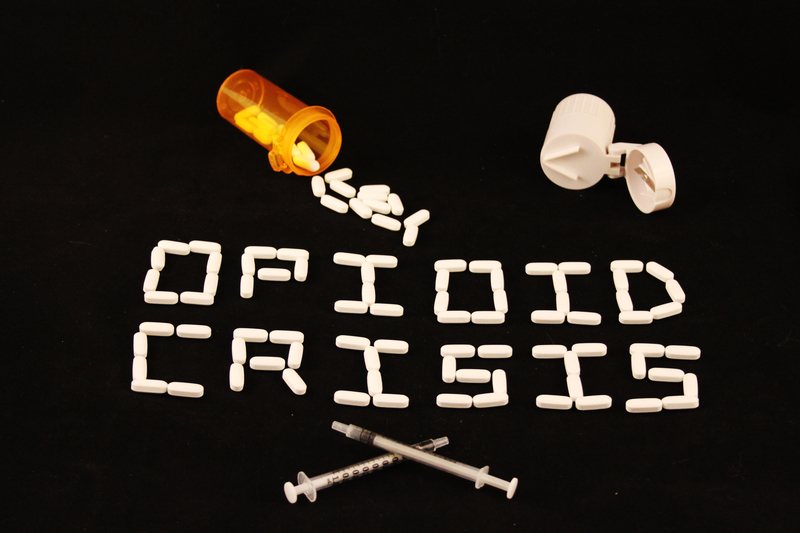
The Opioid Crisis is a socially-constructed form of streamlined impoverishment and/or corporately controlled substance abuse — a twisted game of catch and release, a tasteless joke of becoming “trapped when initially seeking an escape.”
All things considered, one particular topic that is quite popular in the realm of CBD-related stories is the debate on whether or not this specific cannabinoid can solve the opioid crisis.
Altogether, I’ve seen a lot of information on this specific topic, especially how CBD can help cure addiction and ultimately assist with diminishing the intensity of the opioid crisis.
Then again, just as we learn of more strict rules being established, creating further difficulty on the ability to acquire opiate-based medications as well as prescription tracking databases, the deaths from opiate abuse have not at all declined.
Each year, the numbers rise higher, with no foreseeable decline occurring anytime soon.
Let’s analyze this concept of CBD and the reality of allowing a human being to quit a painkiller addiction.
Beyond all the sensationalism involved, let’s be honest for a second, CBD is non-psychoactive and opiates are extremely psychoactive.
Painkillers and opiates in general, are nothing more than a synthetic form of heroin regulated by the government.
Most people are aware of how addicting and life shattering the substance truly is, but never analyze the details involved — could a non-psychoactive compound really combat the powerful effects or perhaps ease the hell on earth withdrawal symptoms opiates provide?
My Personal Experience With Opiate Addiction
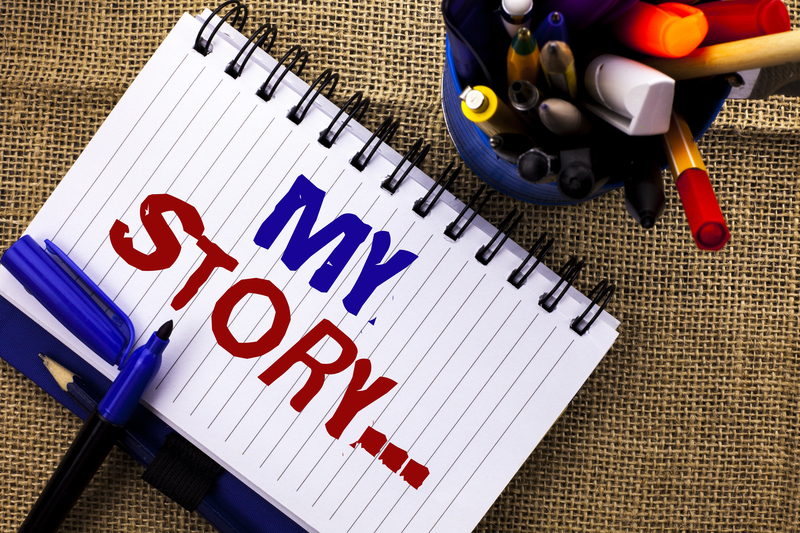
As a former NCAA college basketball player, after lifting weights for two hours a day, practicing for three hours a day, running and plyometrics cardio work for an additional hour — after awhile my body could no longer endure the pain it was being put through.
Just to clarify, it’s not that I was out of shape, I was probably in the best shape of my life.
Yet, the main issue was the fact that, as a young teenager, I was diagnosed with spondylolisthesis in the L5 of my spine.
Of course, as I was growing up the pain would come and go and it was very seldom. However, as I grew up and each year older I became, the pain intensified tenfold.
Therefore, I had severe nerve pain shooting into my upper back and down into my lower leg — alternating and choosing which leg to torture since every other day the pain moved around.
It was not pleasant to say the least.
There have been a number of times throughout my life when telling certain people the story of my athletic days, I am often asked, “why would you continue playing competitive sports if you had this issue?”
Well, if only it were that simple.
Basketball was all I knew how to do, I had literally based my entire identity around being a basketball player.
Altogether, I didn’t know any other way to live — it was my passion and I was not about to give up.
From the diagnosis, several different doctors in different medical facilities in different cities, told me that the “spondylolisthesis” in my L5 was likely hereditary.
So, at age 18, there was no way some inherited physical ailment that caused pain to “come and go.” Plus, I was very young and did not know the pain would soon become a permanent inconvenience.
During my days of playing competitive college basketball, the pain was constant, the only way I could play and get through practice was to set aside a couple Vicodin.
The meds ultimately helped, but only for a limited time.
It was not long until I was forced to hang it up for good as a young b-ball player. Yet, as soon as I was no longer a basketball player, the quicker I became addicted to opiate-based painkillers.
Since I was studying both psychology and sociology as a double major in undergraduate school, I was able to determine that no longer playing basketball left a huge void in my life.
As previously noted, I based my entire identity around being a basketball player, so I was rather confused, lost and frustrated — slightly depressed and not feeling quite like myself.
Basically, I was highly vulnerable. Add a refillable prescription to painkillers into this equation and the final answer will always add up to a massive zero or lower.
Taking this into account, I was never really educated on just how powerful these pills could be on the human brain.
Two Vicodin a day, two years later turned into 10 a day and it went from 5mg to 10mg a piece.
Then, it escalated to a higher level due to my growing tolerance. The more you take, the more you’ll need to feel relief.
Furthermore, I was advised to move onto stronger narcotics.
Everything just got worse and worse, as doctor after doctor prescribed me more and more medication since I clearly had a painful quality of life.
However when you are dependent on painkillers, you quickly learn that you will take more than what you are prescribed — you can’t help it when your body is physically dependent on the substance in order to properly function.
It is literally hell on earth when you run out of your medication.
Perhaps as a patient you run out a week ahead of time until you can get the next refill on your prescription, what do you do? Just sit back and wait a week?
It’s not that simple, especially if you have a high tolerance, because by then, the medication has altered the chemistry of your brain.
Imagine you run out of this medication a week in advance.
Here is what basically would occur: you will be vomiting, you’ll probably have uncontrollable diarrhea, your nose will be running with liquidated snot, and you won’t be able to sleep a single second.
If somehow you do fall asleep, perhaps for half a second or 5 minutes if you are lucky, then you will suddenly wake up jolting in a cold sweat, your body temperature fluctuates and it is like the room you’re in is spinning and the pain that you have is now intensified tenfold.
I never knew a hell like that could exist. Yet, it does.
If it wasn’t for the fact that I have amazing parents who believe in me and love me, I’d likely be deceased.
They never gave up on me, trying to help as much as they could while also trying their best to remain patient and curb their own frustration.
Ultimately, I was able to eventually, 10 years later drastically alter this lifestyle thanks to my family providing an irreplaceable support system and unparalleled measure of strength.
Altogether, I will forever credit their perseverance and patience as what helped me rid my life of that poison forever.
But it was a horrendous experience, a war waged on my mental, emotional and physical well-being.
The worst part about it, is that you have not one person or nothing else to blame but yourself — because after all, it’s all your own fault.
Moral of The Story in Relation to CBD
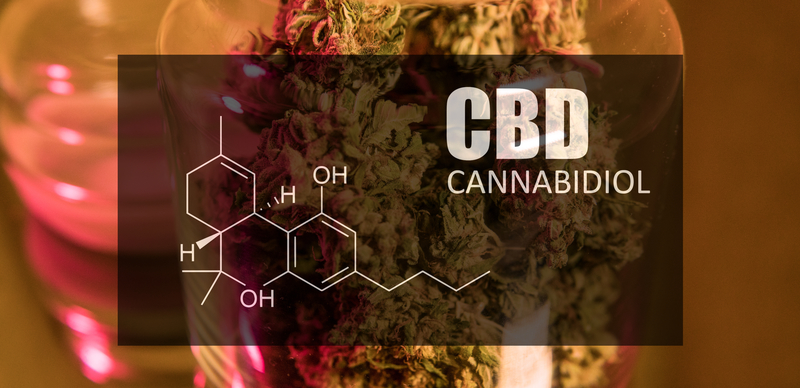
From this hellish experience, I have a very difficult time believing that the non-psychoactive cannabinoid of CBD could effectively combat all this torture.
I want to believe it, I really do — but I’m not going back to prescription painkillers just to discover if it helps me or not.
Thus, I must reiterate to any and all readers that I am absolutely a CBD believer, a hardcore CBD-user, CBD advocate, CBD Reviewer, CBD Researcher & Writer as well as a huge proponent for advocacy in support of the hemp and marijuana plants.
It’s not that I’m saying CBD could never help the opioid crisis, I just have a very difficult time understanding how it’s even possible for CBD to combat withdrawal symptoms.
After all, feelings and sensations of withdrawal are the top motivators for why opioid addiction is so difficult to fight.
Withdrawal is the number one catalyst behind the reason why so many essentially suffer.
If there were no withdrawals for opioids, there would likely be much less intensity surrounding the addictive qualities.
All in all, I’m fairly positive that many pain management patients would surely agree with this notion as well as countless victims who have experienced such unnecessary self-generated torture of a socially-constructed epidemic of substance abuse.
Sure, the effectiveness of the opioid sensation feels pretty good and definitely kills the pain, but that feeling is not nearly as powerful as the reactions your body physically experiences when a high tolerance for this substance is left unfulfilled.
It is almost like trying to drive a car with no gasoline.
The only thing that can cure or heal opiate withdrawal symptoms is more opiates.
So, the only way I could imagine CBD assisting the opioid crisis is by matching the appropriate CBD product with a patient’s condition long before ever prescribing narcotic medications.
Once again, I inquire with honest curiosity, how could a non-psychoactive compound counteract the effects from a highly psychoactive substance?
This seems obvious to me that the answer is quite simple — it can’t. Thus, preparation and preventative measures against prescriptions for pain is likely the predicted preference.
Regardless, the truth is, CBD will never affect each consumer the exact same. Everyone’s experience will always be different in many ways.
Personally, I still suffer from lower back which has now evolved to negatively affect my neck region as well.
In regards to this situation, I have been trying a never ending variety of CBD products — from CBD Isolate to Full-Spectrum CBD, vaping cartridges, topicals, edibles, tinctures, etc.
What has been the result? Good question. Feel free to visit this site again soon to read PART TWO for further information related to this topic.
To Be Continued…
In PART TWO of this 2-part series, we will explore the effectiveness of cannabidiol (CBD), particularly by highlighting the industries it has become embedded into and the forms in which CBD can be consumed.
Additionally, I will share my own personal experiences with all of the different varieties of CBD-based products I’ve tested, rated and reviewed.
Lastly, the main focus of whether or not CBD will have an impactful influence on combating the opiate crisis will be continued…
